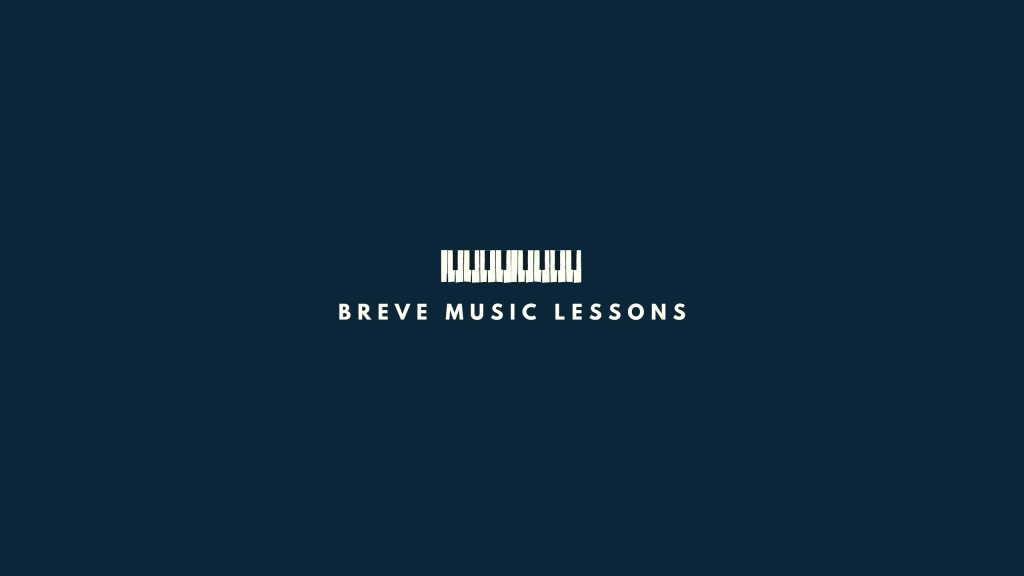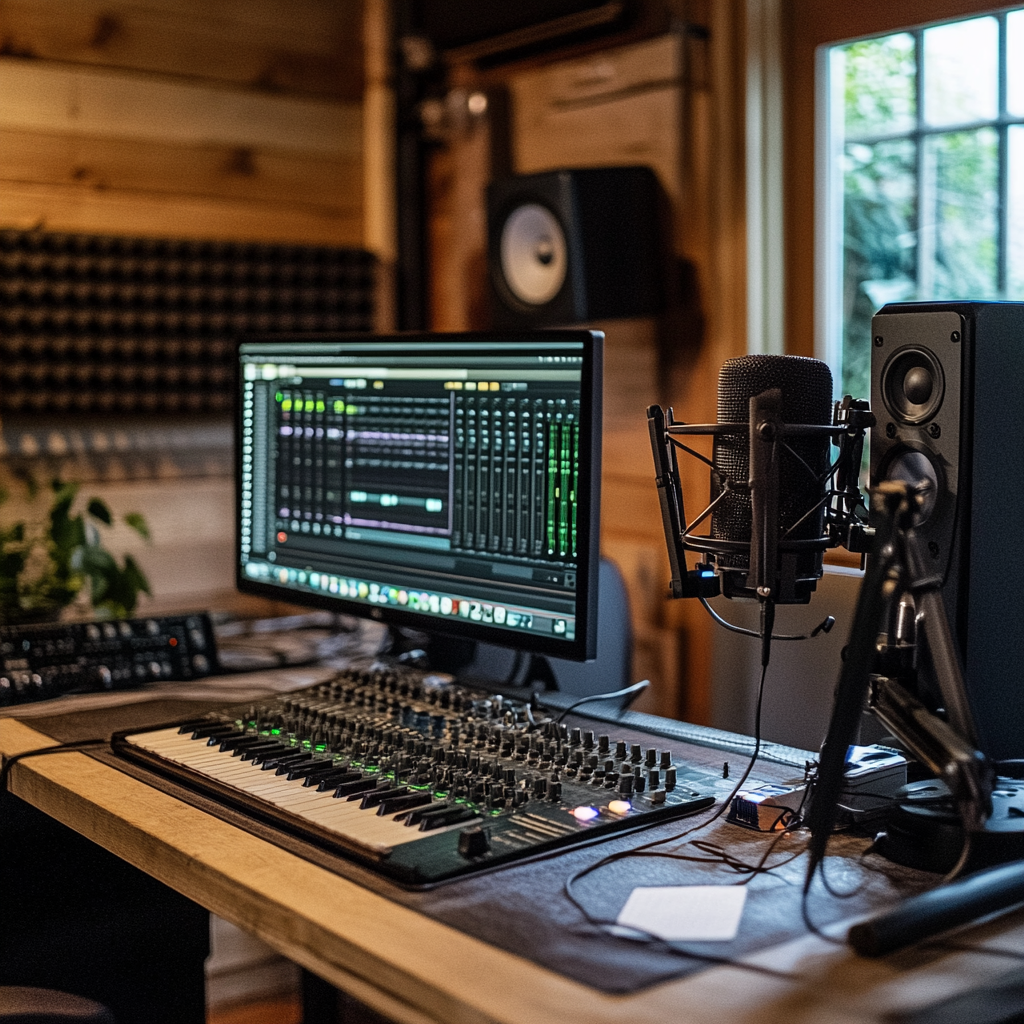Table of Contents
What is a Performing Rights Organization (PRO)?
In the complex landscape of the music industry, understanding the role of a Performing Rights Organization (PRO) is essential for songwriters, composers, and music publishers. PROs serve as vital intermediaries that ensure creators are compensated for the use of their music. This article discusses the functions, types of royalties collected, registration processes, and the impact of PROs on independent artists, providing a comprehensive overview of how these organizations operate within the music ecosystem.

What Is A Performing Rights Organization (PRO) and How Do They Work?
Understanding the Role of a PRO in the Music Industry
A Performing Rights Organization (PRO) is a collective management organization that plays a crucial role in the music industry by managing the performance rights of songwriters and publishers. These organizations, such as ASCAP, BMI, and SESAC, are responsible for collecting royalties on behalf of songwriters when their music is performed publicly. This includes performances in live venues, radio stations, television broadcasts, and even streaming services. By licensing the music used in these contexts, PROs ensure that songwriters and composers receive fair compensation for their creative work.
How Do PROs Collect Royalties for Songwriters?
PROs collect royalties through a systematic process that involves monitoring the use of music across various platforms. They track performances in live venues, radio airplay, and digital streaming services, gathering data on how often a song is played. This information is crucial for calculating the royalties owed to songwriters and publishers. PROs negotiate license fees with venues and broadcasters, which are then distributed as performance royalties to the respective rights holders. By collecting royalties on behalf of songwriters, PROs ensure that creators are compensated fairly for their contributions to the music industry.
The Importance of Licensing in Performance Rights
Licensing is a fundamental aspect of how PROs operate. When a venue or broadcaster wants to use a song, they must obtain a license from the PRO that represents the songwriter or publisher. This licensing process not only legitimizes the use of the music but also establishes a framework for royalty collection. Without proper licensing, songwriters would struggle to receive compensation for their work, leading to significant financial losses. PROs facilitate this process, ensuring that all parties involved adhere to copyright laws and that songwriters are rewarded for their creativity.
What Types of Royalties Do Performing Rights Organizations Collect?
Performance Royalties Explained
Performance royalties are the primary type of royalties collected by PROs. These royalties are generated when a song is performed publicly, whether live or through a broadcast medium. For instance, when a band plays a song at a concert or a radio station airs a track, performance royalties are triggered. PROs are responsible for tracking these performances and collecting the corresponding royalties, which are then distributed to the songwriters and publishers. Understanding performance royalties is essential for artists, as they represent a significant source of income in the music industry.
Public Performance Royalties vs. Mechanical Royalties
While performance royalties are a key focus for PROs, it is important to distinguish them from mechanical royalties. Mechanical royalties are generated from the reproduction of a song, such as when a song is sold on a CD or streamed on a digital platform. PROs primarily collect public performance royalties, while mechanical royalties are typically managed by music publishers and other entities. This distinction is crucial for songwriters and composers, as it highlights the different revenue streams available in the music industry and the specific roles that various organizations play in royalty collection.
How PROs Distribute Royalties to Songwriters and Publishers
The distribution of royalties by PROs is a meticulous process that ensures fairness and transparency. Once royalties are collected, PROs allocate the funds based on the data they have gathered regarding song performances. This involves calculating the share of royalties owed to each songwriter and publisher based on the frequency and context of their music’s use. PROs typically provide detailed statements to their members, outlining how royalties were calculated and distributed. This transparency is vital for maintaining trust between PROs and the songwriters they represent, as it assures creators that they are receiving their fair share of the royalties generated by their work.
How to Register Your Songs with a Performing Rights Organization?
Steps to Register Your Music with ASCAP, BMI, or SESAC
Registering your music with a PRO is a crucial step for any songwriter or composer looking to protect their performance rights and collect royalties. The process typically involves filling out an application form, which can often be completed online. Each PRO, such as ASCAP, BMI, or SESAC, has its own registration process, but generally, you will need to provide details about your songs, including titles, co-writers, and publishers. Once registered, your music will be protected under copyright law, allowing you to collect royalties whenever your songs are performed publicly.
What Information Do You Need to Register Your Songs?
When registering your songs with a PRO, you will need to provide specific information to ensure accurate royalty collection. This includes the title of the song, the names of all songwriters and composers involved, and any associated music publishers. Additionally, you may need to provide details about the song’s copyright status and any previous registrations. Having this information readily available will streamline the registration process and help PROs accurately track performances of your music, ultimately leading to timely royalty payments.
Benefits of Registering Your Music with a PRO
Registering your music with a PRO offers numerous benefits for songwriters and composers. Firstly, it provides legal protection for your work, ensuring that you retain your rights as a creator. Secondly, it enables you to collect performance royalties whenever your music is played in public, which can be a significant source of income. Additionally, PROs often offer resources and support for songwriters, including networking opportunities, workshops, and educational materials. By registering with a PRO, you not only safeguard your music rights but also gain access to a wealth of industry knowledge and support.
What Are the Differences Between Major Performing Rights Organizations?
Comparing ASCAP, BMI, and SESAC
While ASCAP, BMI, and SESAC are all performing rights organizations, they each have unique characteristics that set them apart. ASCAP, or the American Society of Composers, Authors, and Publishers, operates as a non-profit organization and is known for its strong advocacy for songwriters’ rights. BMI, or Broadcast Music, Inc., is also a non-profit and is recognized for its extensive network of music users, making it a popular choice for many songwriters. SESAC, on the other hand, is a for-profit organization that offers a more personalized approach to its members, often providing tailored services and support. Understanding these differences can help songwriters choose the right PRO for their needs.
How Do Different PROs Handle Licensing and Royalties?
Each PRO has its own approach to licensing and royalty distribution, which can impact songwriters differently. For instance, ASCAP and BMI operate on a similar model, collecting license fees from venues and broadcasters and distributing royalties based on performance data. SESAC, however, takes a more individualized approach, often negotiating directly with music users to secure favorable terms for its members. This can result in different royalty rates and distribution methods, making it essential for songwriters to research and compare the practices of each PRO before making a decision.
Choosing the Right PRO for Your Music Career
Choosing the right PRO is a critical decision for any songwriter or composer. Factors to consider include the organization’s reputation, the services they offer, and their royalty distribution methods. Additionally, songwriters should evaluate the specific needs of their music career, such as the types of performances they anticipate and their goals for royalty collection. By carefully assessing these factors, songwriters can select a PRO that aligns with their artistic vision and financial objectives, ultimately enhancing their chances of success in the competitive music industry.
How Do Performing Rights Organizations Impact Independent Artists?
Releasing Music Independently and Working with PROs
Independent artists often face unique challenges in the music industry, particularly when it comes to music licensing and royalty collection. Working with a PRO can significantly benefit independent musicians by providing a structured framework for collecting performance royalties. By registering their music with a PRO, independent artists can ensure that they are compensated for their work, even when they release music outside of traditional record label structures. This partnership allows independent musicians to focus on their creativity while PROs handle the complexities of royalty collection and licensing.
Challenges Independent Artists Face with Music Licensing
Despite the advantages of working with PROs, independent artists often encounter challenges related to music licensing. Many independent musicians may lack the resources or knowledge to navigate the licensing landscape effectively. This can lead to missed opportunities for royalty collection, particularly if their music is played in public venues or on streaming platforms without proper licensing. Additionally, independent artists may struggle to understand the intricacies of copyright law and how it applies to their work, making it essential for them to seek guidance from PROs and industry professionals.
Maximizing Royalties as an Independent Musician
To maximize royalties, independent musicians should take proactive steps to ensure their music is registered with a PRO and that they understand the various revenue streams available to them. This includes not only performance royalties but also mechanical royalties and digital performance royalties. By leveraging the resources and support offered by PROs, independent artists can enhance their visibility in the music industry and increase their chances of earning royalties. Additionally, engaging in effective marketing strategies and building a strong online presence can further amplify their reach and revenue potential, allowing them to thrive as independent musicians.
Additional Reading
More blog posts can be found here. Consider following Breve Music Lessons on Facebook.





